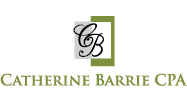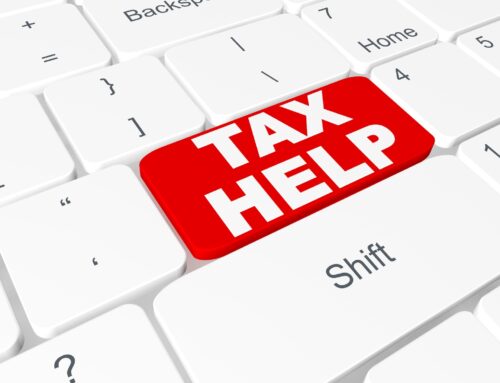Catherine Barrie Accounting will try to Answer Common situations if you file late.
What happens if I file My Taxes Late?
Well what happens if you file taxes late in Canada depends on whether or not you will end up paying more tax when you file. Individual income tax filers (including sole proprietors and partners), who file their tax late and have a balance owing to the Canada Revenue Agency (CRA) will be subject to a late filing penalty, which is:
- 5% of your balance owing, plus
- 1% of your balance owing for each month the return is late, up to a maximum of 12 months
If you have already been charged the late-filing penalty in any of the three previous tax years, the penalty increases to:
- 10% of your balance owing, plus
- 2% of your balance owing for each month the return is late, up to a maximum of 20 month
Obviously you want to file your tax and pay your balance owing on time if you possibly can.
Deadlines for Filing Individual Returns
The deadline for filing an individual tax return is April 30th, unless you or your spouse are self-employed, in which case the deadline is June 15th. (Be warned though; you have until then to file your taxes; if a balance is owed it still must be paid by April 30th.) If paying a balance by mail, your letter must be postmarked on or before April 30th.
Deadlines for Business Owners
If your business is a sole proprietorship or partnership your business tax return is declared on form T2125, which is part of the T1 Personal Income Tax Return. The penalties for these types of business owners who file taxes late are the same as they are for individuals, although, as you see above, these business owners have until June 15th to file their taxes.
Deadlines and Penalties for Corporate Returns
The late filing penalties for Canadian corporations are the same as for individuals (as listed above). The deadlines for corporate tax returns are within six months of fiscal year-end but any taxes owed must be paid within two months of fiscal year-end or three months if:
- The corporation is a Canadian controlled private corporation, and
- The corporation is claiming the small business deduction
Keep in mind that all corporations in Canada need to file an annual T2 return, whether the business is inactive or not. The only way to avoid filing an annual return is to formally dissolve the business. Historically the CRA has tended to be lenient about applying late filing penalties to Canadian-resident corporations when there is no tax owing. For non-resident corporations, the penalty is frequently applied even if no tax is owing.
Taxpayer Relief for Exceptional Circumstances
If you are filing your taxes late because of circumstances beyond your control, don’t panic; the Canada Revenue Agency (CRA) may waive the late-filing penalty and applicable interest. You can get more information about this in the CRA’s circular IC07-1: Taxpayer Relief Provisions.
To make a request for relief from penalties or interest you can fill in and submit Form RC4288 Request for Taxpayer Relief – Cancel or Waive Penalties or Interest. Examples of exceptional circumstances include:
- You have suffered a serious illness or accident
- You are undergoing emotional distress from a divorce or death of a family member
- You have suffered a disaster such as a fire, flood, or earthquake
- If you are communicating by mail, disruption via a postal strike
- You may also avoid penalties and interest if the delay is a result of actions by the CRA, including:
- Processing errors by the CRA
- Incomplete or incorrect information on the return, resulting in corrections or requests for additional information by the CRA
- Delays in processing resulting in a late assessment of amounts owing
- Delays resulting from reviews, audits ,objections, or appeals
The CRA may also cancel some or all of the penalties and interest if the inability to pay is due to financial hardship such as the loss of employment, loss of business income, medical bills, etc. In cases of inability to pay you will need to demonstrate that this is the case by providing detailed financial information to the CRA, including statements of your assets, income, expenses, and liabilities.
The CRA recommends that you use Form RC376 Taxpayer Relief Request – Statement of Income and Expenses and Assets and Liabilities for Individuals for this purpose. This form should be submitted along with Form RC4288 either online using My Account or My Business Account, or by mail to your nearest tax service office.
What If You Can’t Pay the Taxes You Owe
Even if you owe more taxes than you can pay by the income tax filing deadline, you should still file your income tax return on time to avoid late-filing penalties. If you are able to pay a partial payment on the amount owed the CRA might be more inclined to waive the penalties.
If the amounts and penalties owed are significant and there is no possibility of repayment either in full or via a payment schedule you may need to consult with a bankruptcy trustee who can further advise you of your options, including negotiating a Consumer Proposal with the CRA or declaring bankruptcy.
If you, or some you know, needs tax filing, or advice. Contact us today. 705-718-7779
[/fusion_text][/fusion_builder_column][/fusion_builder_row][/fusion_builder_container]






